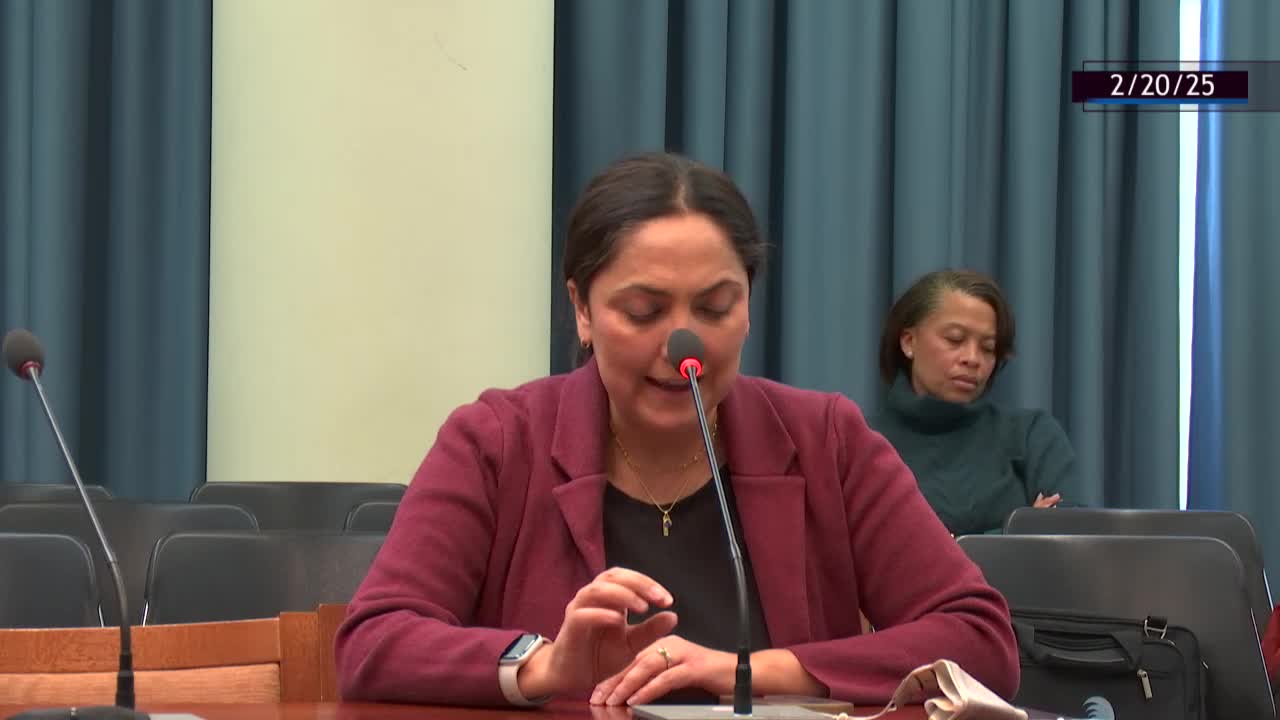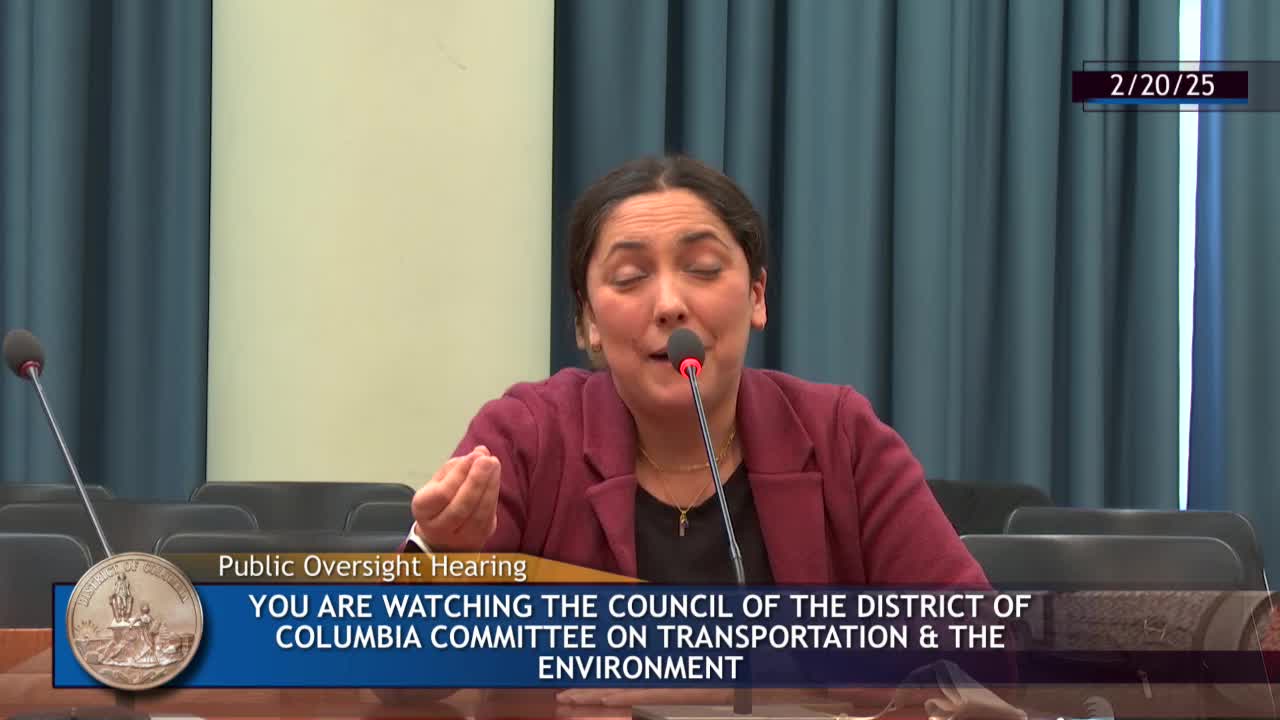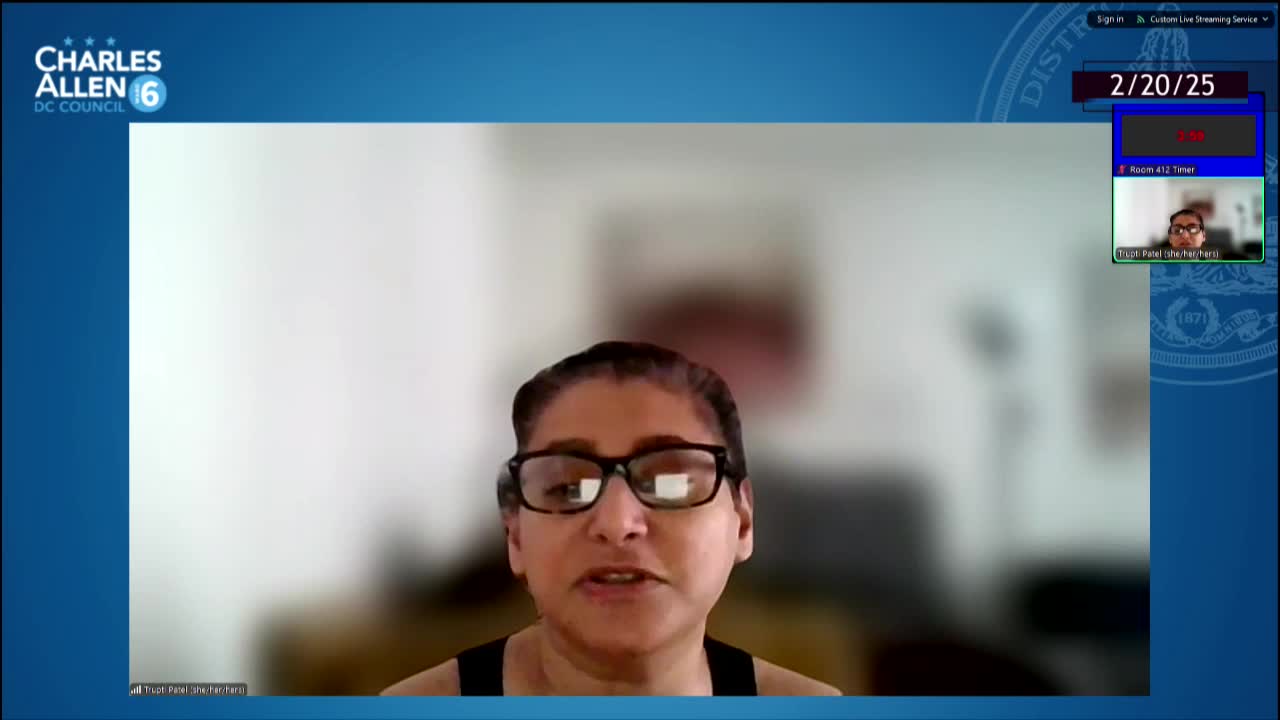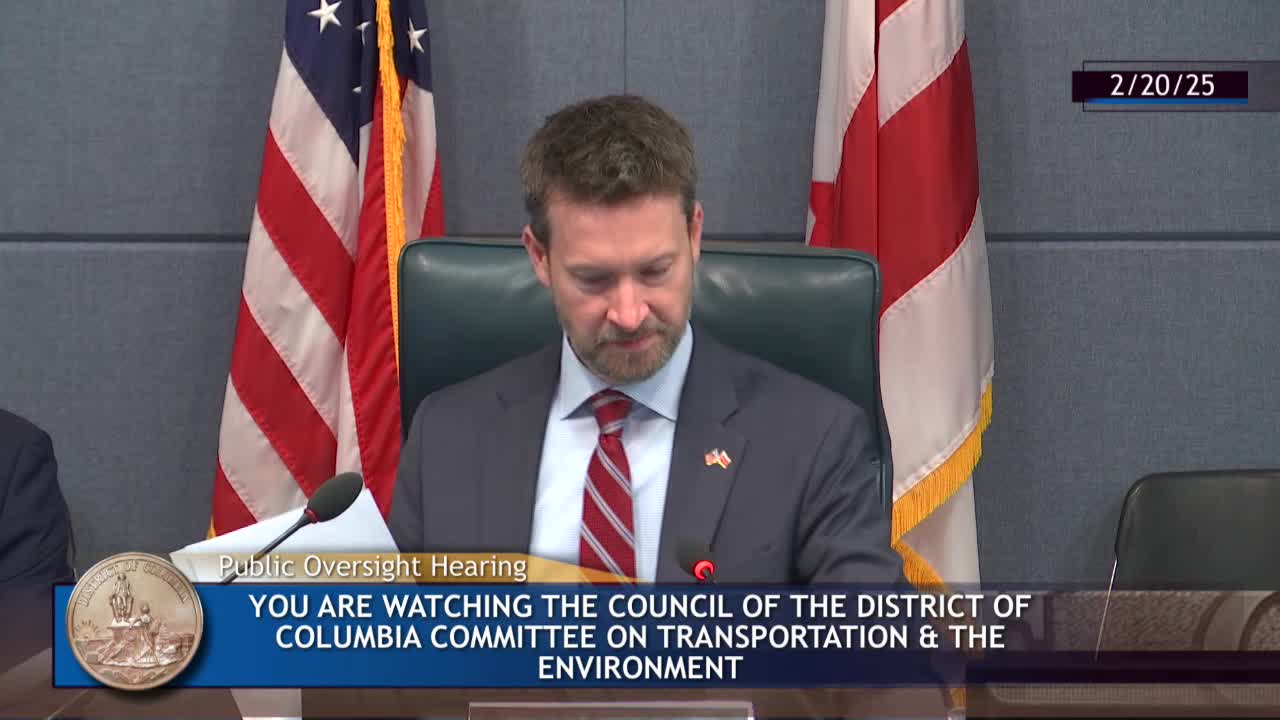Article not found
This article is no longer available. But don't worry—we've gathered other articles that discuss the same topic.

Council grills DC Water on Washington Aqueduct ties after boil‑water advisories

DC Water reports progress on Clean Rivers tunnels, cites climate and aging infrastructure risks

Rising arrears and disconnections put affordability at center of DC Water oversight hearing

